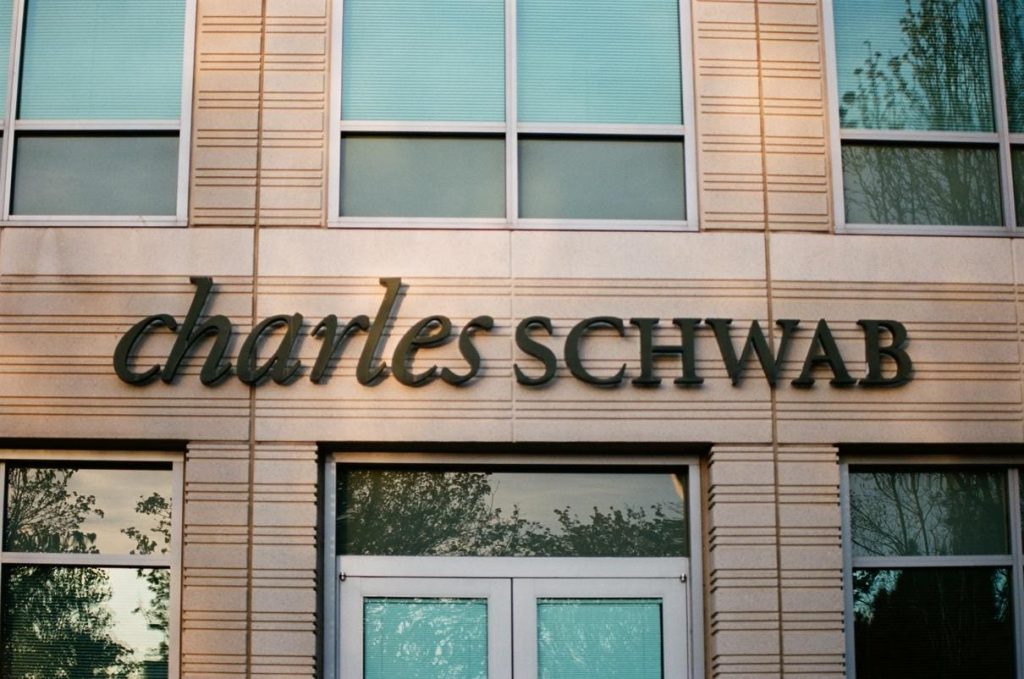Financial services giant Charles Schwab outperformed in 2022 when the markets were down, but it lagged in 2023 when markets were soaring. The leading brokerage firm and money manager took a hit during last year’s banking crisis, experiencing deposit outflows as customers moved their money to higher-yielding options like money markets due to high interest rates. This reduction in funding sources forced Schwab to seek out other funding options, which resulted in reduced margins, earnings, and led to stock price declines of more than 30% in Q1 of last year. Despite the challenges, fund managers saw an opportunity to invest in a reliable and consistent financial stock at a discounted price.
Despite the stock rebounding slightly in the fourth quarter of 2023 and deposits starting to return, the share price was still down 16% in 2023 due to earnings growth challenges related to the integration of TD Ameritrade. However, with the integration mostly complete, the company expects to see $500 million in cost savings from the integration in 2024. Portfolio managers at Ruane, Cunniff & Goldfarb, which runs the Sequoia Fund, viewed the stock’s dip below $50 per share as a buying opportunity, believing in Schwab’s strong franchise and future earnings potential.
Giverny Capital Asset Management also took advantage of Schwab’s discounted price, increasing its position multiple times in 2023. Despite believing in the business and its earnings potential, Giverny Capital expressed concerns about Schwab’s management of its balance sheet compared to other banks. Both fund managers and analysts agree that Schwab has significant long-term earnings power and will navigate through its challenges to emerge stronger in the future.
Ariel Investments, which holds Schwab in its Ariel Appreciation Fund, is optimistic about the company’s scale and customer-centric focus following the acquisition of TD Ameritrade. However, not all investors share the same sentiment, as Right Tail Capital decided to sell shares in Schwab last March due to challenges in raising capital to address liquidity issues. Despite the differing viewpoints, Schwab’s share price has recovered to $71 per share, although still below its pre-crisis levels, showing promise for future growth and value in the long term.
Overall, analysts consider Schwab a consensus buy with a price target of around $75, but fund managers who recently added it to their portfolios are looking farther ahead and believe in its potential for long-term returns. As Schwab continues to navigate through challenges and aim for growth, investors remain optimistic about its strong franchise, industry-leading cost advantage, and ability to overcome obstacles to drive future success.


